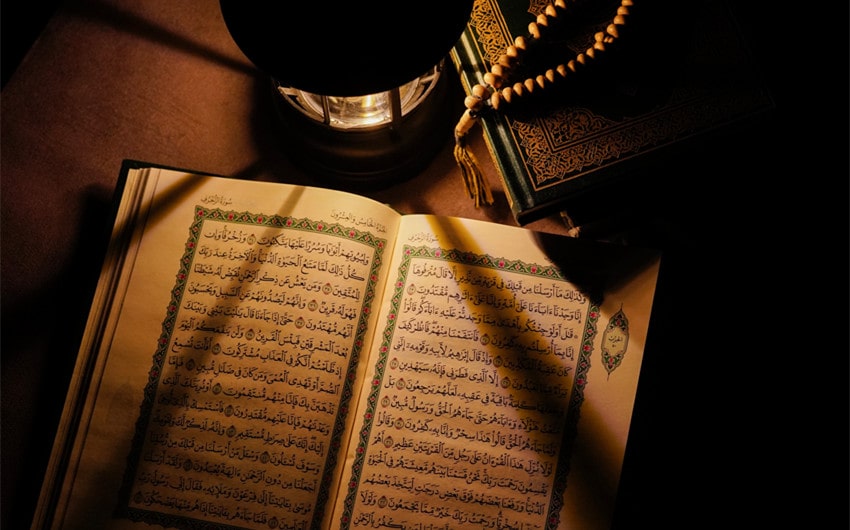Hasbunallah Wa Ni’mal Wakeel: Meaning, Origin, and Spiritual Power
When you hear the phrase Hasbunallah wa ni’mal wakeel, you are encountering one of the most powerful expressions of faith in Islam. This Arabic phrase, meaning “Allah is Sufficient for us, and He is the Best Disposer of Affairs,” embodies the essence of complete trust and reliance on God. Muslims around the world recite it in moments of fear, uncertainty, and hardship. It is not merely a statement—it is a declaration of surrender, a proclamation of faith, and a reminder that no matter what challenges life brings, Allah’s wisdom and justice prevail.
Literal and Linguistic Meaning
To understand the depth of Hasbunallah wa ni’mal wakeel, it helps to break down its meaning word by word. The phrase is composed of two distinct yet interconnected parts.
Hasbunallah translates to “Allah is sufficient for us.” The word hasbuna comes from the Arabic root “ḥ-s-b,” which relates to counting, reckoning, or sufficiency. In this context, it means that Allah alone is enough to handle all of one’s affairs, needs, and worries. It expresses a believer’s conviction that divine support outweighs all worldly resources or human intervention.
The second part, wa ni’mal wakeel, means “and He is the Best Disposer of Affairs.” The term wakeel is derived from the root “w-k-l,” which means to entrust or rely upon. A wakeel is someone you appoint as your trustee or representative—someone who manages your matters with care and authority. By calling Allah al-Wakeel, believers acknowledge that He is the ultimate caretaker, protector, and planner. The addition of ni’ma (meaning “excellent” or “best”) further emphasizes that Allah’s handling of our affairs is perfect, just, and beyond human comprehension.
When combined, the phrase Hasbunallah wa ni’mal wakeel becomes an affirmation of both surrender and confidence. It means, “Allah alone is enough for us, and no one else can manage our affairs as perfectly as He does.” This declaration nurtures patience, humility, and inner peace, especially during moments when life feels overwhelming.
Quranic Origin and Historical Context
The phrase Hasbunallah wa ni’mal wakeel originates from the Qur’an, specifically in Surah Al Imran (3:173). The verse describes a profound moment in Islamic history during the time of the Prophet Muhammad (peace be upon him).
After the Battle of Uhud, the Muslim community was vulnerable and recovering from losses. Their enemies spread rumors that a new army was gathering to attack Medina. Fear and exhaustion filled the hearts of the believers. It was in this moment of trial that the companions of the Prophet demonstrated their unwavering faith. Rather than succumbing to fear, they responded with the words:
“Alladhīna qāla lahumun-nāsu innan-nāsa qad jama‘ū lakum fakhshawhum fa-zādahum īmānan wa qālū ḥasbunallāhu wa ni‘mal wakīl.”
(Translation: “Those to whom the people said, ‘Indeed, the people have gathered against you, so fear them,’ but it [only] increased them in faith, and they said, ‘Allah is Sufficient for us, and He is the Best Disposer of Affairs.’”) [Surah Al Imran, 3:173]
This verse captures a defining moment of spiritual strength. When faced with fear, the believers did not waver—they placed their full trust in Allah. The outcome was victory, not necessarily through battle, but through faith and endurance. This example serves as a timeless lesson for Muslims: no matter how difficult the circumstances, turning to Allah brings strength and reassurance.
Since then, Hasbunallah wa ni’mal wakeel has become a phrase recited by Muslims across generations to invoke calm and courage. It reflects the same steadfast faith shown by the Prophet’s companions, reminding believers that true power lies not in numbers or resources, but in complete trust in Allah.
Spiritual and Emotional Significance
The phrase Hasbunallah wa ni’mal wakeel carries deep emotional resonance. It is not only a statement of belief but also a spiritual therapy for the heart. Life is filled with uncertainties—loss, betrayal, illness, injustice, and fear—and in each of these moments, this phrase becomes a source of comfort.
Reciting it shifts focus from worldly anxiety to divine assurance. When a person says, “Allah is sufficient for me,” they release the burden of trying to control outcomes and place their trust in the Creator’s perfect wisdom. It becomes an act of surrender that strengthens faith rather than weakening it. Believers find peace knowing that their struggles are not ignored—that Allah, the All-Knowing, is managing everything with precision and mercy.
Spiritually, the phrase also embodies tawakkul, or reliance on Allah. Islam teaches that true reliance is not passive—it requires both trust and effort. A believer must work hard while simultaneously believing that success and results rest in Allah’s hands. Saying Hasbunallah wa ni’mal wakeel is a reminder to keep doing one’s part while trusting that Allah will take care of the rest in the best possible way.
On an emotional level, this dhikr (remembrance) can be deeply healing. It softens feelings of fear, frustration, or despair, replacing them with serenity and hope. When repeated during prayer, in moments of sadness, or even silently during the day, the phrase acts as a gentle reassurance: whatever happens is part of Allah’s divine plan, and He never abandons His servants.
When and Why to Recite It
Muslims recite Hasbunallah wa ni’mal wakeel in countless situations. It is often said in moments of hardship, fear, or loss, but also during times of reflection and gratitude. It serves as a shield for the heart—a way to remember that no challenge is greater than Allah’s mercy.
People recite it when they feel wronged or misunderstood, when facing injustice or uncertainty, and when they need strength to make difficult decisions. In times of fear or grief, the phrase helps transform emotional turmoil into spiritual surrender. It is also common to hear it recited after hearing distressing news, as a way of immediately returning one’s focus to faith rather than despair.
Beyond hardship, Hasbunallah wa ni’mal wakeel can be recited as a regular form of remembrance (dhikr). Many believers repeat it during prayer or meditation, finding that it centers their thoughts and purifies their intentions. The more one reflects on its meaning, the more it cultivates resilience and trust in divine timing.

